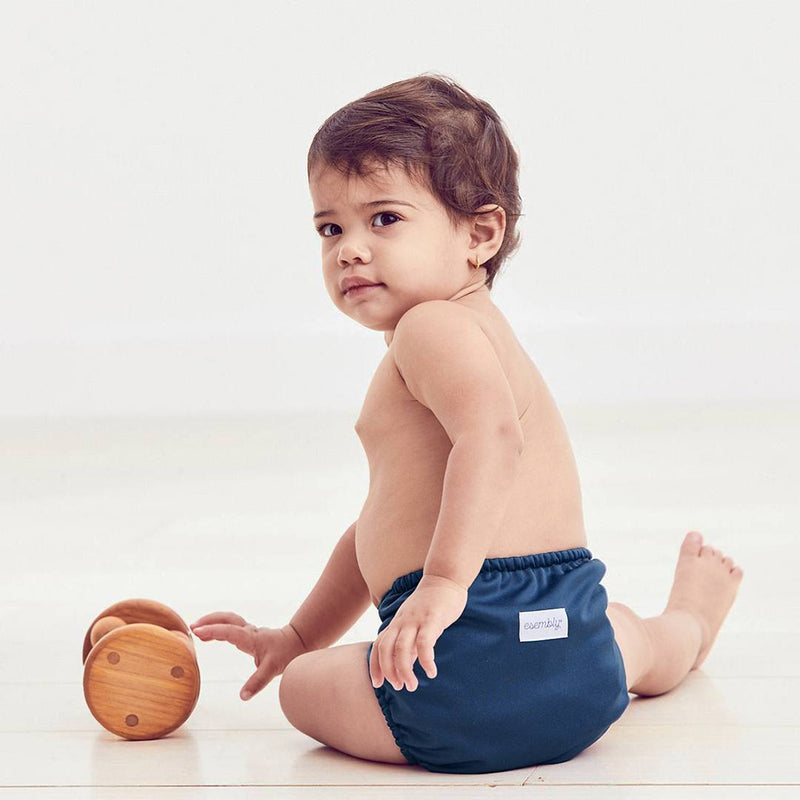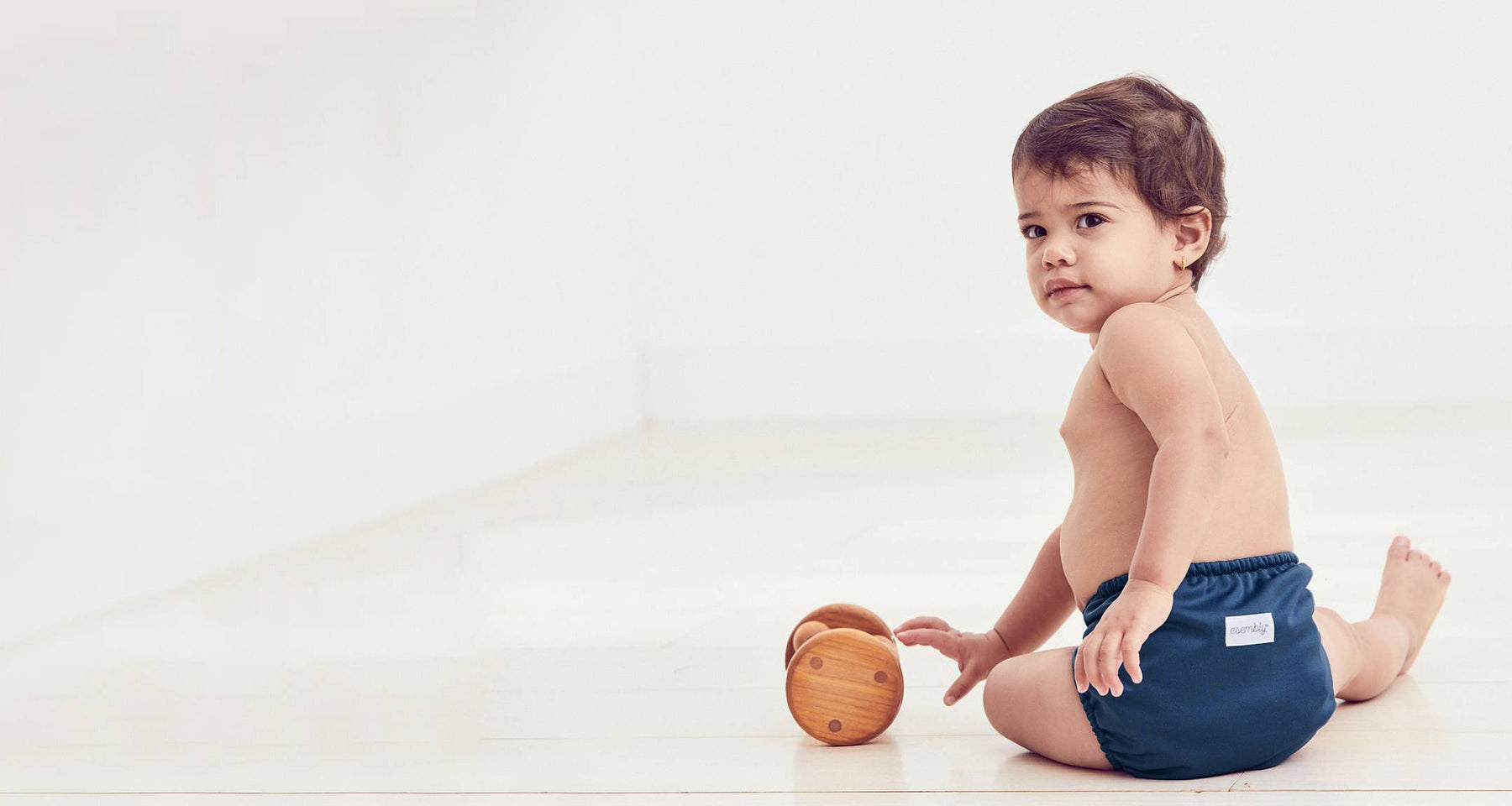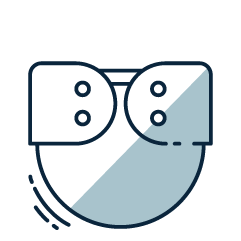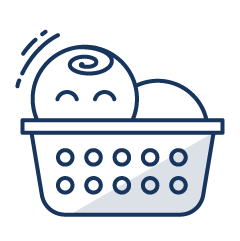

Why Esembly?
Growing a healthy human doesn’t have to be unhealthy for the planet or hard on your family. Learn how our products are better for the earth, better for you and better for your baby.

Better FOR THE PLANET
Whether you cloth diaper full time or part time, the impact you’ll have on the planet is HUGE! There are approximately 11 million diaper-age babies in US right now, each using an average of 57 diapers per week. That adds up to over 32 BILLION disposables being trash every year, in just this country! That's an awful lot of trash for something a baby wears for just a couple of hours. With Esembly you only need 44 diapers total from birth to potty training, and they can be saved and passed down to future babies. Compare that to 7000+ disposables to diaper just one baby! Does part time cloth diapering make more sense for your family? Wonderful, it’s not an all-or-nothing thing. If a family swaps out even just 3 disposables a day for Esembly they can save over 1,000 diapers a year from being trashed. Small changes can have big impact!
There has been a sea change in how we look at plastic bags, water bottles and straws — it’s time to rethink diapers.
Join our movement to Live Less Disposably.

Better For You
Blowouts: Talk to any new parent and you’ll hear a story of some ultra-messy diaper incident. That’s the thing about disposable diapers — they leak. Often. And because of that, blowouts have become synonymous with diapering. But did you know that it doesn’t have to be that way? Esembly cloth diapers are masters of containment — so you can avoid that particular parenting rite of passage.
On top of that, babies in cotton diapers potty train an average of one year earlier than their pals in disposables. Because our diapers don’t contain moisture-wicking sodium polyacrylate chemicals, older babies are able to correlate the sensation of needing to pee with the feeling of wetness after. Which gives them a head start on potty training.
Using the Esembly System from birth to potty training is considerably less expensive than using pack after pack after pack of disposables. With Esembly, after purchasing your diapers and accessories, the only recurring cost you’ll have is two loads of laundry per week.

better for baby
Babies are in diapers 24/7 for upwards of two years. Skip the plastics, wood pulp fiber and sodium polyacrylate chemicals and swaddle them up in soft, comfy organic cotton instead. By using cloth diapers, you’re limiting the amount of potentially irritating chemicals against their delicate baby skin, thereby reducing the incidence of diaper rash.
READY TO RADICALLY REDUCE WASTE?
Check out our complete system of products designed to help you Live Less Disposably.™



